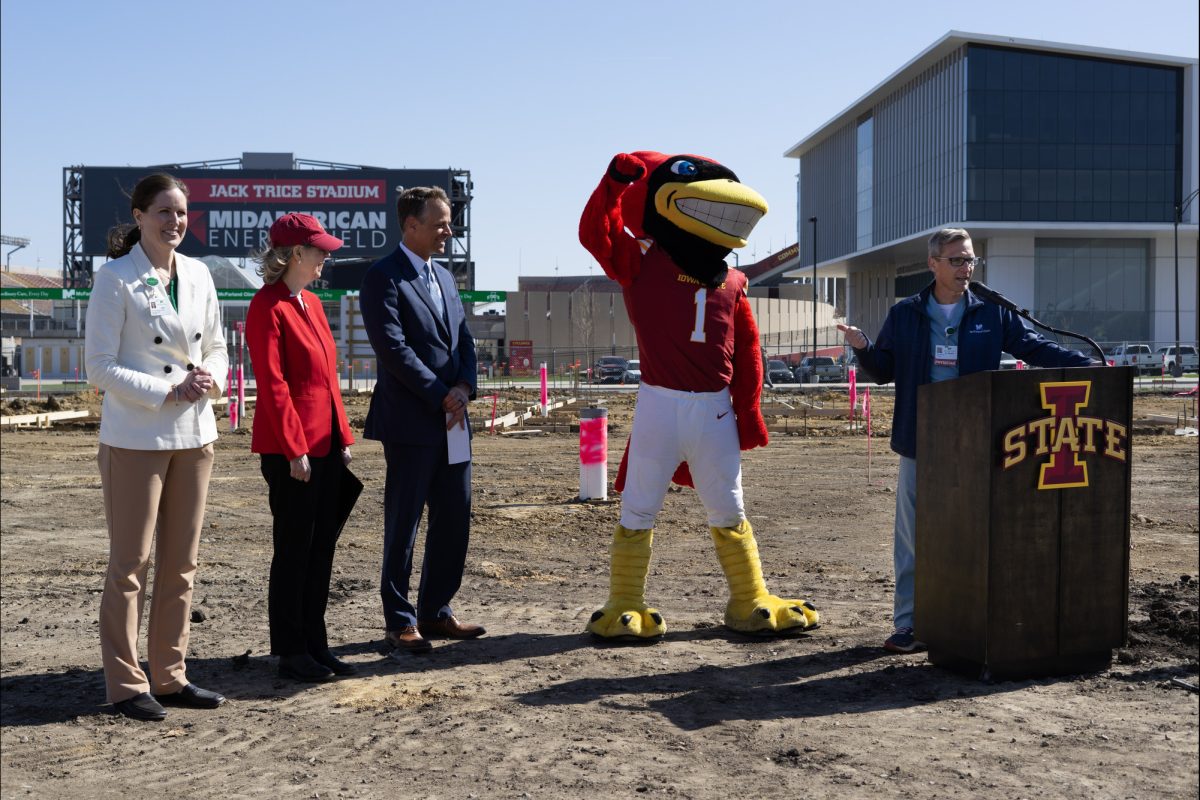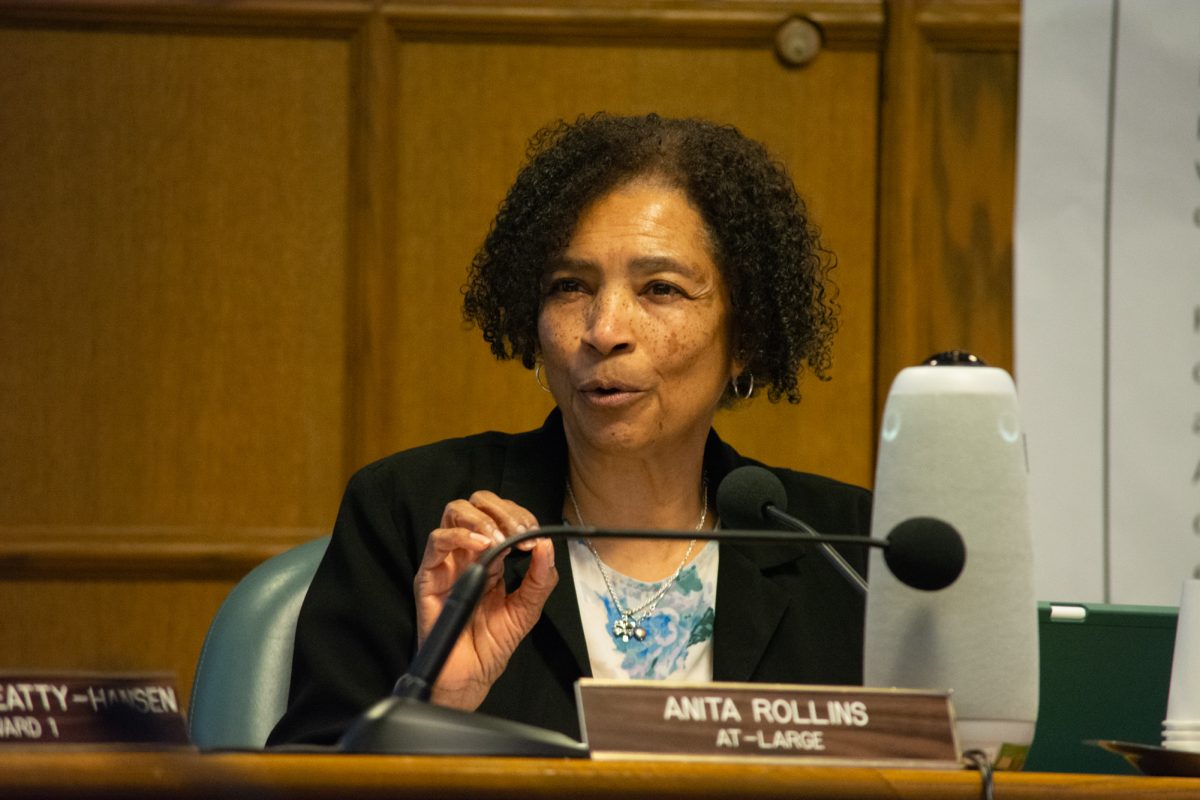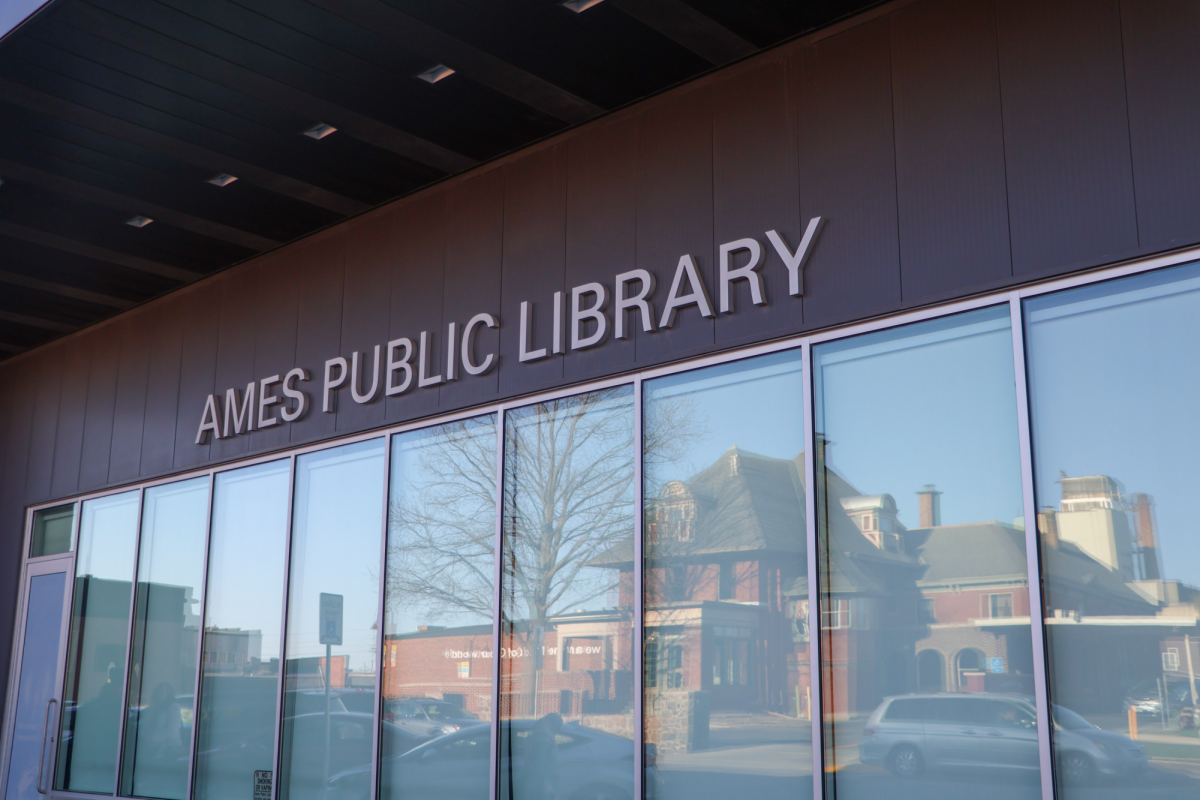Offer of energy to North Korea to hold off crisis similar to previous actions
January 15, 2003
In his State of the Union address a year ago, President Bush declared North Korea as one of three countries that made up the “Axis of Evil.”
Many did not realize the threat North Korea actually held, until it pulled out of the Nuclear Nonproliferation Treaty recently.
The United States is scrambling to control the crisis by sending Assistant Secretary of State James Kelly to South Korea.
“The United States is offering energy assistance to North Korea as a way of diffusing [this] crisis,” said Young Whan Kihl, professor of political science.
Kihl explained this as a “stick and carrot” gesture from the United States. He believes it will work against North Korea, who is claiming it needs nuclear capabilities to build nuclear reactors for energy, rather than weapons.
Kihl, who has edited a book on this subject, said he believes history is repeating itself.
In 1994, Kihl said, North Korea agreed to another give and take proposition from the United States.
At that time, North Korea agreed to freeze its nuclear research in exchange for the Unites States sending 500,000 tons of heavy oil to North Korea, he said.
Eventually, the United States helped North Korea build two light reactors.
These sources of energy were delayed because of various reasons, he said.
“North Korea took this as a sign of the United States not fulfilling its obligations,” Kihl said.
Now the United States is offering North Korea a strikingly similar deal, and North Korea is using nuclear threats as a bargaining chip once again, he said.
Kyoung-Jin Yoon, associate professor of Veterinary Medicine and adviser to the Korean Student Association, agrees with Kihl.
“They would use that [a nuclear threat] as a tool to get what they need for other countries,” Yoon said.
Dong-Hwan Kim, sophomore in pre-journalism and mass communication and international student from Seoul, South Korea, expressed similar sentiments.
“North Korea wants to communicate with the rest of the world,” Kim said.
Yoon said he is aware of the seriousness of this crisis, but does not believe North Korea intends on building nuclear weapons.
The majority of North Koreans do not worry about it, Kim said. He said he does not think that North Korea would actually use a nuclear weapon against South Korea or any other country.
If North Korea intended on actually making nuclear weapons, Kihl said it would not be long before the nation could build more than a few nuclear weapons.
“Within the next two to six months North Korea would have the capabilities of adding five to six nuclear bombs [to its weapons],” Kihl said.
He said, according to the CIA, North Korea may already have one or two weapons in addition to the missiles it possesses, many of which have the capability to reach as far as Japan.
“It is the more immediate problem,” Kihl said.
Kim said he would be worried about North Korea even without this recent threat, although he admits “there is a lot of tension” recently between North Korea and the United States.
In order to gain the attention that it wants, he said, North Korea chose to press the United States while it was preoccupied with the Middle East.
Kihl said he agrees with President Bush that the situation in North Korea can be settled diplomatically rather than with military action.
“It’s the only way to diffuse the crisis in the Korean peninsula,” he said.






